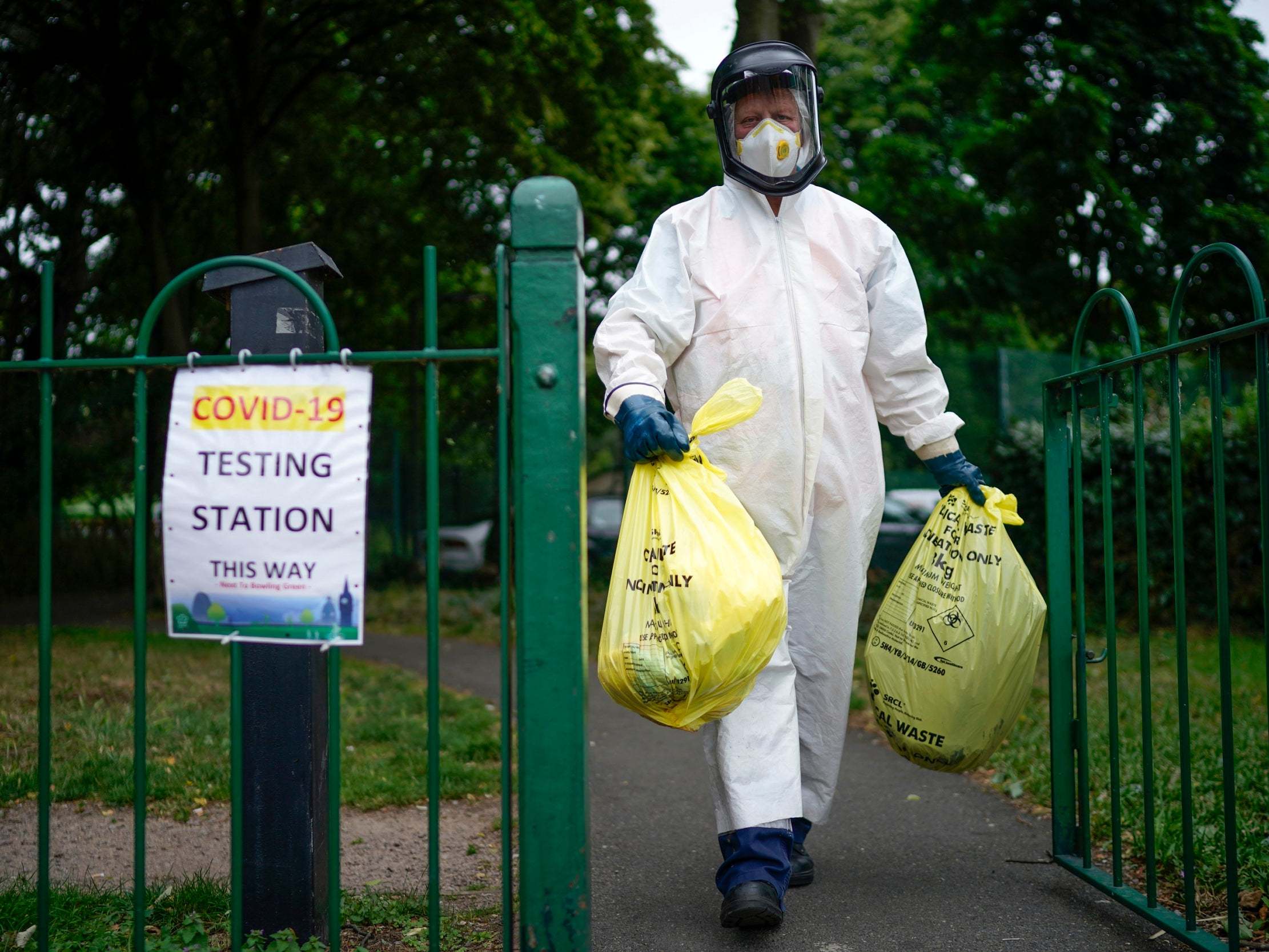
Lives will be lost in fresh outbreaks of coronavirus because local health chiefs are being starved of the data they need, doctors’ leaders are warning.
The British Medical Association (BMA) has hit out at the failure to provide local leaders with the addresses and workplaces of people becoming infected – preventing them from taking swift action.
The data gap has been partly blamed for the delay in imposing the local lockdown in Leicester, where it was thought the city had recorded just 80 new Covid-19 cases between 13-26 June.
Download the new Independent Premium app
Sharing the full story, not just the headlines
In fact, once all positive tests were recorded, there were 944 – prompting health secretary Matt Hancock to close schools and non-essential shops and threaten a travel ban.
“The prime minister has talked about a ‘whack a mole’ strategy to tackle local outbreaks, but this is no use if the people leading the response on the ground – be they public health teams or local leaders – are not given the most accurate up-to-date data possible,” warned Chaand Nagpaul, the BMA’s council chair.
Dr Rosemary Leonard, a GP in South London, said: “There seems to be a problem getting very detailed information out.
“It hasn’t been explained why, but we do need that local information if these local outbreaks are to be contained.”
“Is it because there has been screening done in care home for instance and there are a lot of positive cases? Really down to that much detail – where exactly are the outbreaks happening and in what age groups?”
Leicester’s seven-day infection rate was 135 cases per 100,000 people – three times that of the next highest city – but it took 11 days for the decision to extend the lockdown to be ordered.
The data confusion is being blamed on the separate “pillars” system set up by Mr Hancock, in his ill-fated attempted to hit his 100,000 daily testing target in April.
The latest news on Brexit, politics and beyond direct to your inbox
Only data from tests carried out by the NHS in ‘pillar 1’ has been made available – not the ‘pillar 2’ results from the private firms running the drive-through centres.
The Independent, in a major investigation, has revealed how NHS staff have reported waiting for as long as seven days for test results.
The BMA fears the problems will grow after ‘Super Saturday’, this weekend, when pubs, restaurants, hair salons and cultural venues can reopen – risking a spike in infections.
It is also calling on the government to:
* Provide “clear, consistent guidance” on the continued need for social distancing –
including the use of face coverings in public places.
* Provide adequate supplies of personal protective equipment (PPE) to areas hit by infection spikes and allow local health providers to decide how to reprioritise care if necessary.
A government spokesperson said it had been working closely with local partners, providing the resources and tools needed to take swift action to deal with any new local spikes in infection.
The government says more information has been given to local public health officials since 11 June.
NHS Digital had made available an operational data dashboard with counts of total tests, total positives and total voids per local authority to directors of public health.



